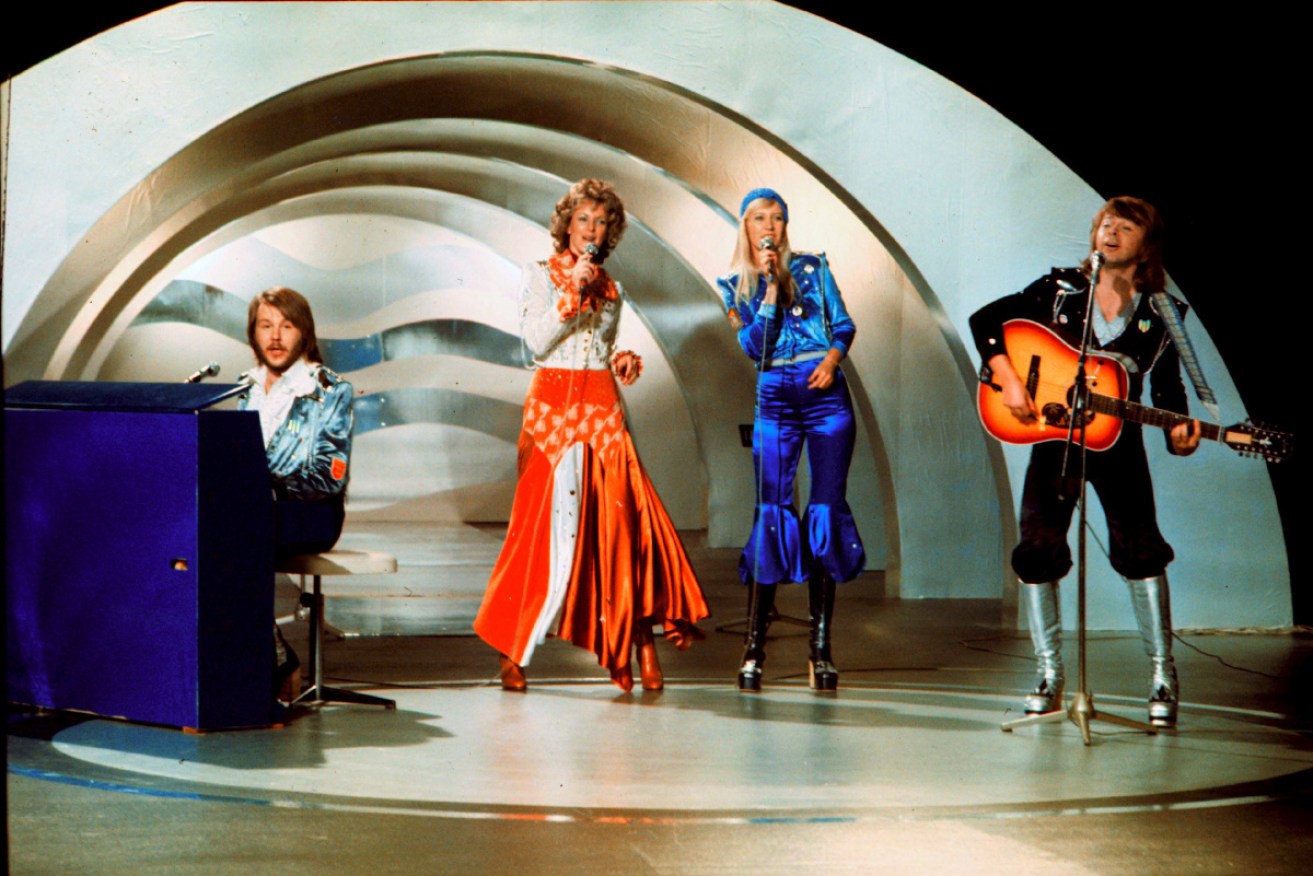On This Day: ABBA wins Eurovision Song Contest with Waterloo


ABBA performs its record-breaking song Waterloo at the Eurovision Song Contest in 1974. Photo: Getty
On this day in 1974, Swedish pop group ABBA became overnight international pop stars after winning the Eurovision Song Contest with the song Waterloo.
The band’s victory launched it on a path to worldwide fame, with the single becoming a No.1 hit in several countries, reaching the US top 10 and selling nearly six million copies.
Waterloo was so popular it was chosen as the best song in the competition’s history at the 50th anniversary celebration of the Eurovision Song Contest in 2005.
Contrary to popular belief, the title Waterloo does not refer to Waterloo in London, nor the landmark train station in central London.
The song is about a woman who ‘surrenders’ to a man and promises to love him, referencing the defeat of French emperor and military leader Napoleon Bonaparte at the Battle of Waterloo in 1815.

An actor dressed as Napoleon poses with ABBA in Copenhagen, Denmark, in 1974. Photo: Getty
The story is introduced in the first verse:
My my
At Waterloo Napoleon did surrender
Oh yeah
And I have met my destiny in quite a similar way
The history book on the shelf
Is always repeating itself
ABBA first performed the song at Melodifestivalen 1974 in February, singing it in Swedish. The song won, advancing the band to Eurovision.
The catchy, up-tempo tune of Waterloo made it stand out from the dramatic ballads that were stereotypical of Eurovision, and the band members’ bright costumes – including platform boots – were something the audience had never seen before.
The group was also the first winning entry in a language other than that of their home country.
Before 1973, all Eurovision singers had to sing in their country’s native language, but that restriction was lifted briefly between 1973 and 1976, allowing Waterloo to be sung in English.
The group was made up of two married couples who later split, and the band name is an acronym of the first letters of their first names: Anni-Frid Lyngstad (Frida), Benny Andersson, Bjorn Ulvaeus and Agnetha Fältskog.

ABBA in London, 1974: (left) Benny Andersson, Frida Lyngstad, Anna Fältskog and Bjorn Ulvaeus. Photo: Getty








